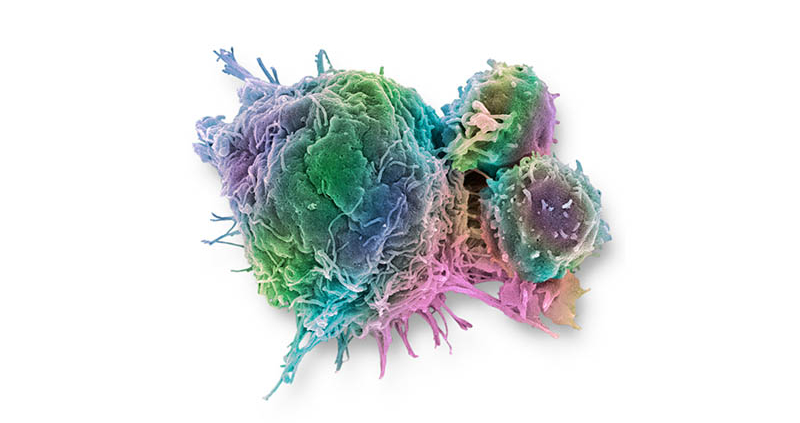Natural Killer Cell Testing in Recurrent Pregnancy Loss and Recurrent Implantation Failure
Natural killer cells, or NK cells, are part of our body’s immune system, helping us to fight infection and disease. Every organ has NK cells including the uterus where they are known as uNK cells.
uNK cells play a role in helping the body become pregnant by inflaming the lining of the uterus so the embryo can implant. It is thought that too few or too many uNK cells can cause infertility and miscarriage.
However, there is currently no clear evidence about the exact role that uNK cells play in miscarriage and what should be considered an ideal level or an imbalance.
The value of measuring natural killer cells either in blood or from the uterus, therefore, remains controversial and confusing. Here, reproductive medicine specialist Dr Amanda Tozer reviews Natural Killer Cell testing in Recurrent Pregnancy Loss (RPL) and Recurrent Implantation Failure (RIF).
The main reasons for this are:
- Whilst there is an association between elevated NK cells and RPL and RIF, there is no established causal effect
- There are no clearly established values for what constitutes elevated levels of NK cells
- There are no clear guidelines on which NK cells should be measured and from where (blood or uterus)
- Current evidence is not strong enough to support the use of either IVIG or intralipid with larger randomised controlled trials being needed
Below, Dr Tozer summarises what we do know at this stage:
CD 56 NK Cells
In peripheral blood, 90% of NK cells are CD56dim and 10% are CD56bright which is the opposite in the uterus. There are varying studies that suggest there is no correlation between the uterine NK cell levels and those in peripheral blood as well as studies that suggest there is a correlation.
Studies have shown an increase in the number of peripheral blood NK CD56 with high rates in recurrent implantation failure and recurrent pregnancy loss
A cut off level of >12% has been used for CD56 but levels of up to 29% have been seen in normal healthy individuals
CD 3 Cells (Pan T Cells)
High values may be found in women with RPL. Cut off values are set at 85%
CD19+/5+ (B-1 Cells)
When CD19 express cells known as CD5 they are classified as B-1 cells and are often involved in autoimmune disorders, Women with elevations of CD19+/5+ may be at risk of thyroiditis and premature menopause. Cut off values are >10%
CD19 (B cells)
Frequently found to be elevated in women with an immune cause for RIF or RPL. Cut off values are >12%
NK Cytotoxicity
This is the ability of agents to suppress the killing of target cells by the patients NK cells
Results are expressed as ratios of 12.5:1, 25:1 and 50:1. A reduction in cytotoxicity to <20% is desirable
Intralipid
The active ingredient in intralipid is purified soybean oil and purified egg phospholipids. A number of studies have assessed the use of intralipid in women with RPL and RIF who have elevated NK cells. Intralipid has been shown to be effective in decreasing NK cell activation and reducing production of proinflammatory cytokines with the aim of promoting healthy implantation and placentation. Studies have reported variable outcomes with clear evidence to support its use being limited. No studies have reported any serious adverse events.
Studies have shown intralipid to be comparable to using IVIG. IVIG is expensive, has an associated risk of anaphylaxis and, (albeit low) a risk of infection transmission. IVIG is not offered at ARIA.
To discuss this in more detail, book a consultation with Amanda or any of our fertility experts.







